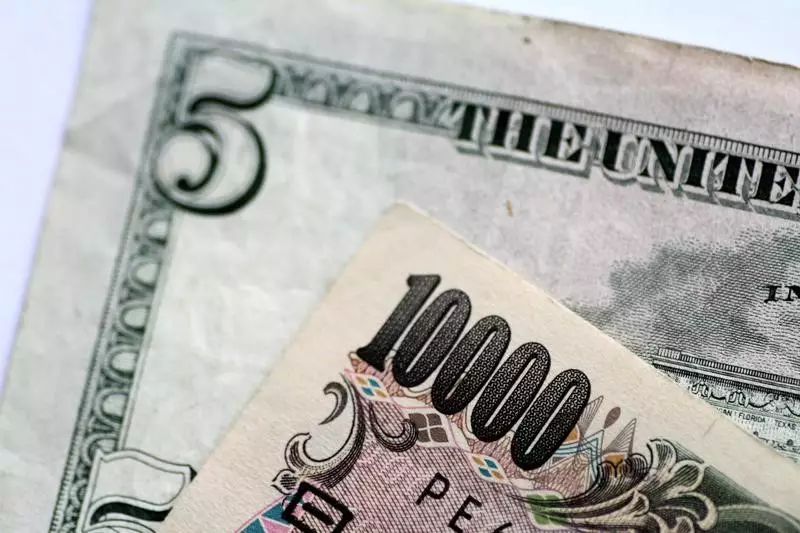The Japanese yen has shown significant strength against the US dollar, achieving its highest value in over a month recently. This shift can be attributed to a surge in inflation data from Tokyo, which exceeded market expectations. As investors analyze this information, there is a growing consensus that the Bank of Japan (BOJ) is likely to increase interest rates in December, reinforcing the currency’s upward trajectory against the dollar.
The consumer price index (CPI) figures released for Tokyo reflect a robust inflationary environment in November, serving as a crucial indicator for the broader national landscape. With inflation figures advancing, traders are re-evaluating their positions, leading to a near 1% drop in the USD/JPY currency pair, which slipped to approximately 150.01 yen. This behavior in the currency exchange market underscores traders’ confidence regarding the BOJ’s potential shift in monetary policy.
Analysts have underscored the importance of this CPI data. They suggest that persistent inflation could encourage the BOJ to maintain a hawkish stance during upcoming meetings. The market’s anticipation was further solidified by a recent Reuters survey indicating widespread expectations for a 25 basis point hike in December. This potential adjustment in interest rates could represent a significant shift in the Japanese monetary policy landscape, which has been characterized by either negative or near-zero rates for nearly a decade.
Kazuo Ueda, the BOJ Governor, has reiterated a commitment to tightening monetary policy, emphasizing a “virtuous cycle” that links rising wages to sustained consumption and inflation. This linkage is pivotal as it signals a thriving economic revival, which many experts believe warrants further action from the central bank. Analysts from ING highlighted that the strengthening economic indicators increase the likelihood of a rate hike in December, coinciding with the broader market’s cautious optimism.
The implications of a potential rate hike are substantial, not only for the yen but for the Japanese economy as a whole. This would mark the BOJ’s third increase in 2024, as it navigates the transition from a very accommodative policy to one that addresses rising inflation proactively.
Despite the yen’s recent gains, the Japanese stock market has reacted negatively to the outlook of higher interest rates. The Nikkei 225 index fell by 0.7%, while the broader TOPIX declined by 0.6%. This market correction highlights the tension between currency strength, inflationary pressures, and elevated interest rates, presenting a complex interplay of factors influencing investor sentiment.
Looking ahead, analysts from UBS predict that wages in Japan will continue to trend upward in 2025, potentially paving the way for further hikes in the future. As the BOJ positions itself to support the yen, which has recently faced challenges due to the advancing US dollar, market participants are advised to remain vigilant.
The dynamics surrounding the yen and the BOJ’s potential rate hikes illustrate a pivotal moment for Japan’s economy. As inflation rises, the decisions made by the central bank will undoubtedly shape the trajectory of the currency and broader economic landscape in the coming months.


Leave a Reply